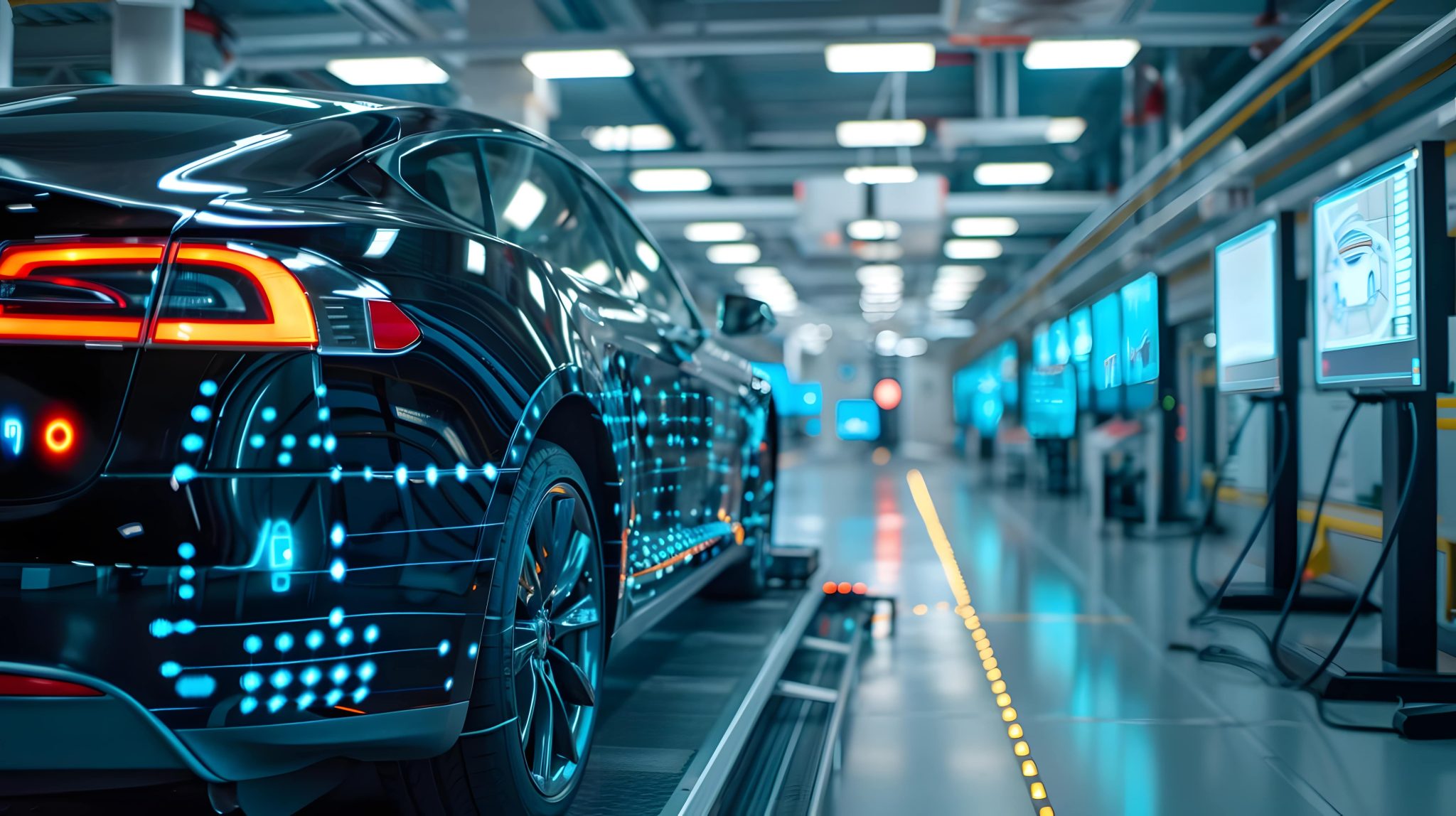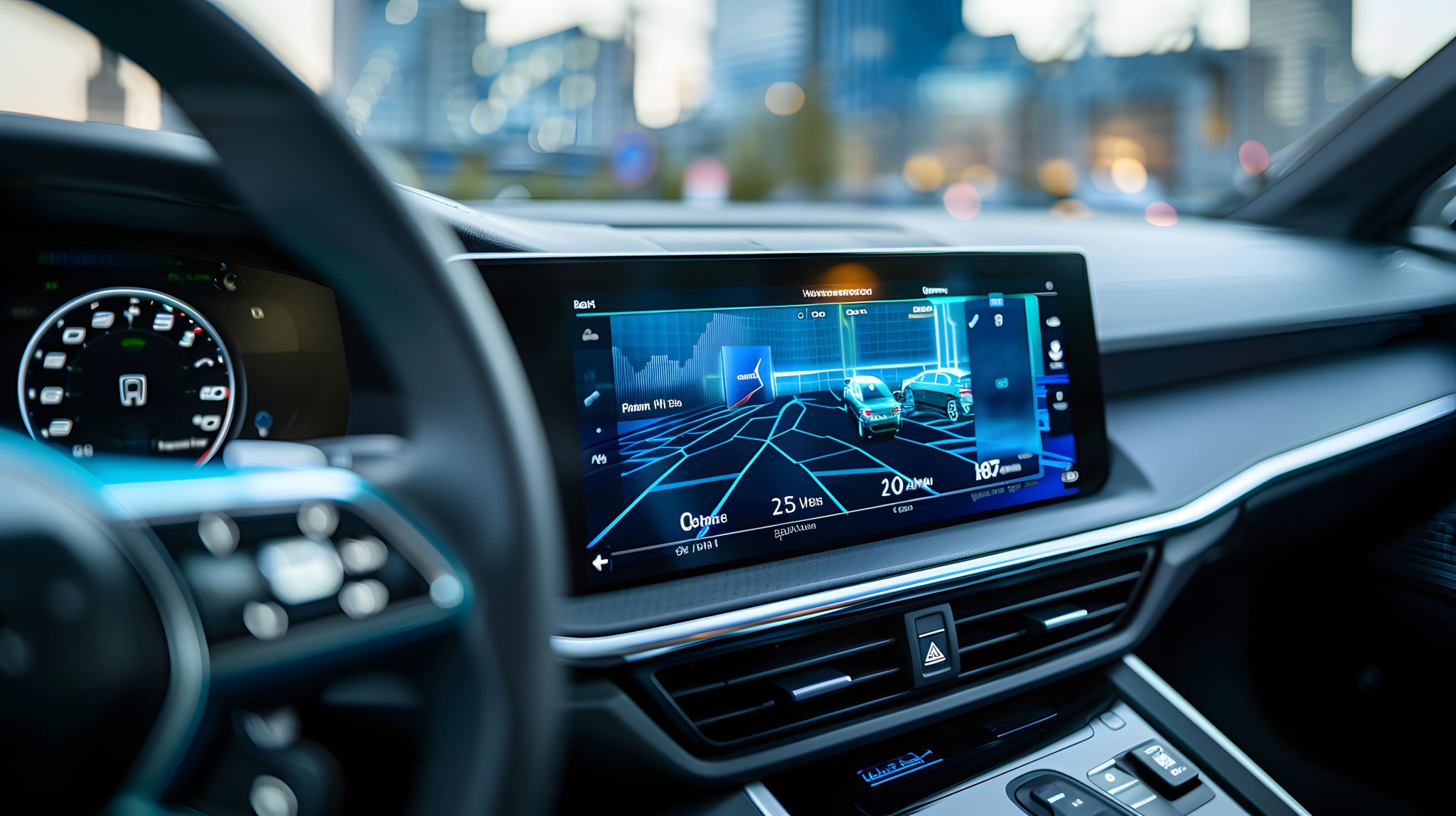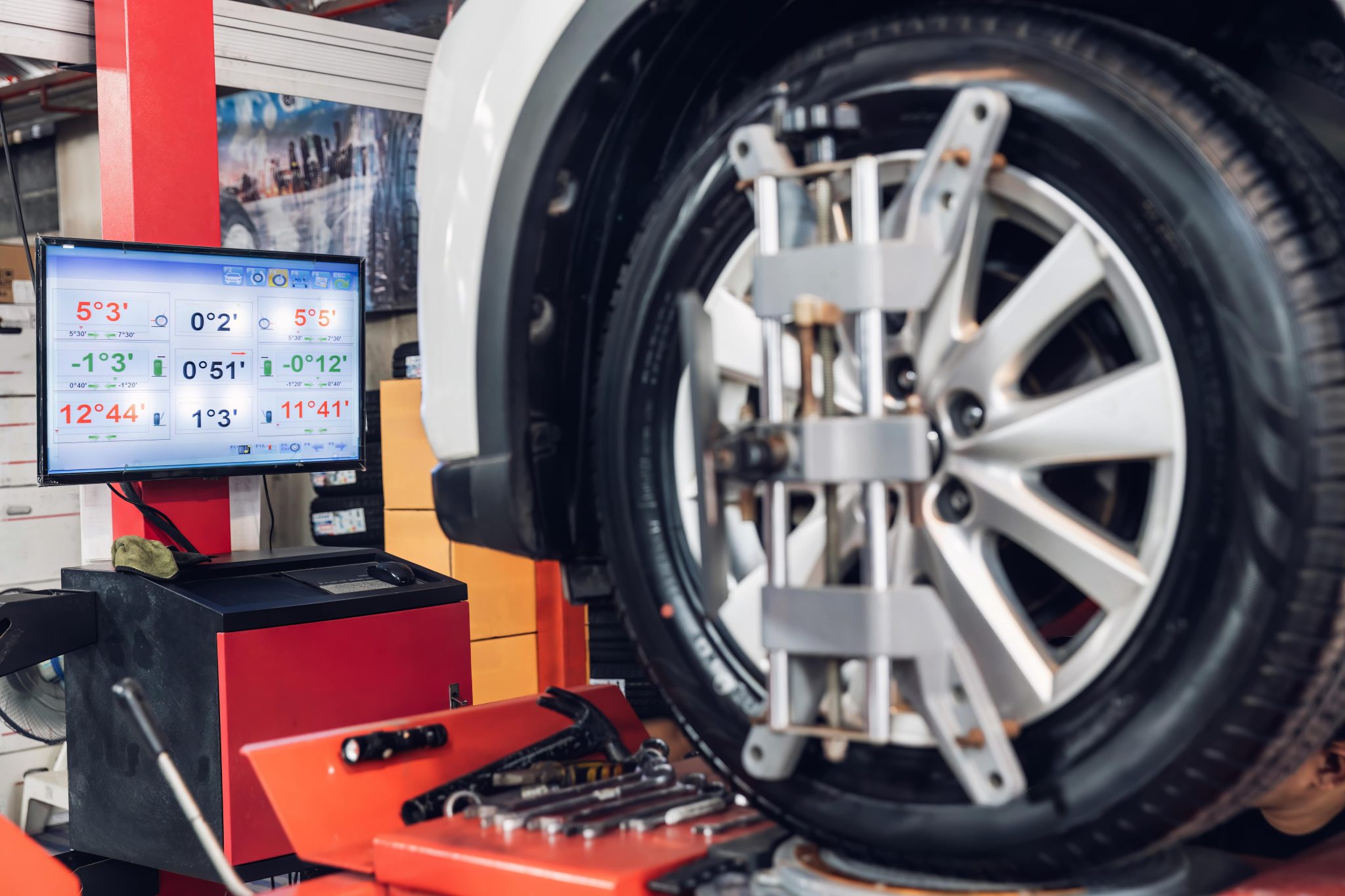Autonomous vehicles are reshaping transportation, but their success relies heavily on advanced IT systems. From real-time data processing to seamless communication, IT is the backbone that enables self-driving cars to operate efficiently and safely. This article examines how Global IT is addressing industry challenges and driving innovation in this fast-moving field.

The success of self-driving vehicles depends on IT solutions that address significant challenges in data processing, system integration, and cybersecurity.
The ability to process data quickly and accurately determines the performance of autonomous vehicles. Global IT uses advanced tools to meet this demand.
Edge computing powers real-time decisions by processing information directly within the vehicle. This reduces delays and ensures immediate reactions to hazards, traffic, and unexpected conditions. By pairing edge computing with cloud computing for large-scale data analysis, manufacturers can refine algorithms and improve overall vehicle performance.
Combining these technologies offers a balance of speed and scalability, which is critical for managing the complex demands of self-driving systems.

AI transforms the way vehicles learn and adapt. Its role goes beyond basic automation, driving continuous improvements in self-driving technology.
Self-driving cars require constant communication with their surroundings to operate effectively. IT systems enable rapid and reliable data exchange, making this possible.
These technologies create a synchronized network that improves safety and reduces congestion.
For autonomous vehicles to operate effectively, they must communicate with their surroundings and each other. IT solutions enable this connectivity through two main technologies:
IT infrastructure plays a critical role in safeguarding autonomous vehicles from potential threats. Cybersecurity solutions ensure the integrity of vehicle operations and protect sensitive data.
Moving from prototypes to widespread adoption requires scalable IT solutions. Global IT supports this growth with innovative tools and standardized frameworks.
Digital twin technology enables engineers to test autonomous systems in virtual environments, saving time and resources. By creating accurate models of real-world conditions, these systems allow for faster development cycles without extensive physical testing.
Standardized frameworks simplify the integration of multiple technologies, making it easier to scale operations. These IT advancements make transitioning from testing to implementation more efficient and cost-effective.

As autonomous technology advances, sustainability becomes a key focus for IT infrastructure. Global IT prioritizes energy-efficient solutions to align with environmental goals.

The advancements in autonomous vehicles owe much to the power of IT. Systems designed by Global IT address challenges in data processing, connectivity, and security, ensuring these vehicles are prepared for the complexities of modern transportation. As self-driving technology develops, IT will remain the driving force behind its success.
Global IT invites you to learn more about these groundbreaking solutions at their blog, where innovation meets practical application in the journey toward autonomous excellence.